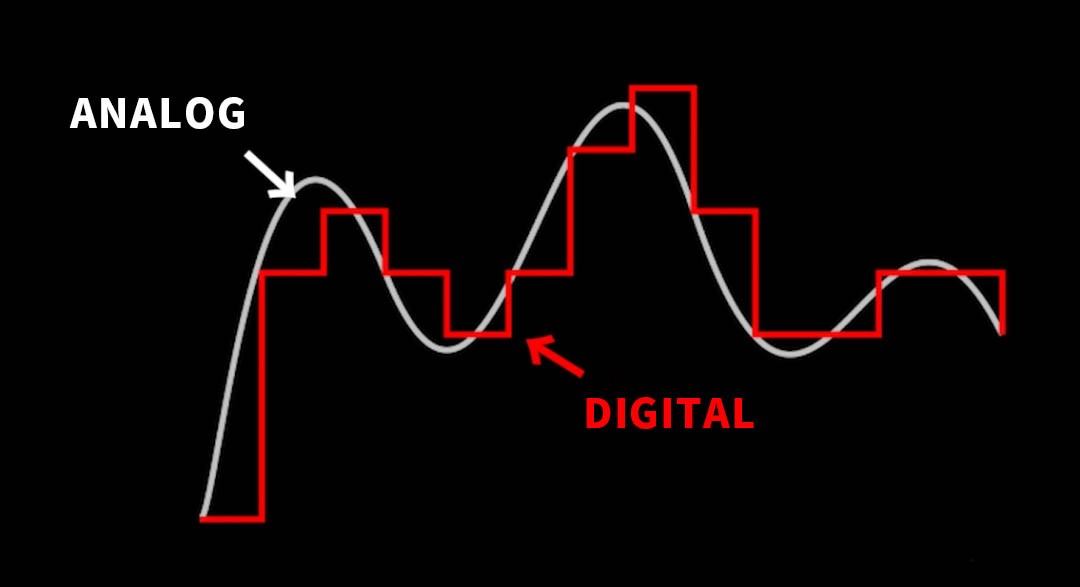Encoding involves removing redundant information from video data, which is inherently based on digital video. Understanding digital video aids in comprehending the composition of information within videos. Today, let's delve into what digital video is.
In our previous educational videos, we introduced analog and digital signals, concepts that equally apply to digital video. Digital video can be conceptualized as the digital sampling representation of space and time in natural scenes.

In simple terms, images are the result of objects reflecting and refracting light onto a plane, representing spatial analog quantities. Video, on the other hand, is a sequence of frames captured at regular intervals, representing temporal analog quantities. To facilitate transmission and storage, we convert these continuous (since light is continuous) analog quantities into digital form through a process called digitization (of images/videos).

During the analog-to-digital sampling process, to ensure no information is lost, a fixed density is assigned to images, such as 1920 pixels per row and 1080 pixels per column. This familiar resolution comprises sampling points, each representing a pixel. Spatial sampling occurs during the sampling of planar images, while the multiple frames in a video represent different time points, constituting temporal sampling.

After capturing a video with a camera, it can be directly played on a computer. This acquisition-processing-display process is also digital.
However, when human eyes perceive images transitioning from real scenes to display devices, whether due to limitations of the Human Visual System (HVS) or the display device's capabilities, significant data redundancy exists in videos. Examples include oversampling in areas with low frequencies or repeated data between frames, resulting from oversampling in time and space during digitization.

Identifying and eliminating these oversampled data effectively removes redundancy. While this sounds straightforward, its practical application is complex. Over decades, both academia and industry have conducted extensive research on video encoding technologies and established corresponding standards. A comprehensive video encoding system encompasses various algorithms that can be combined in encoders for use. KVM products, for instance, incorporate video codec systems, with key technical processes such as prediction, transformation, quantization, and entropy coding.

















